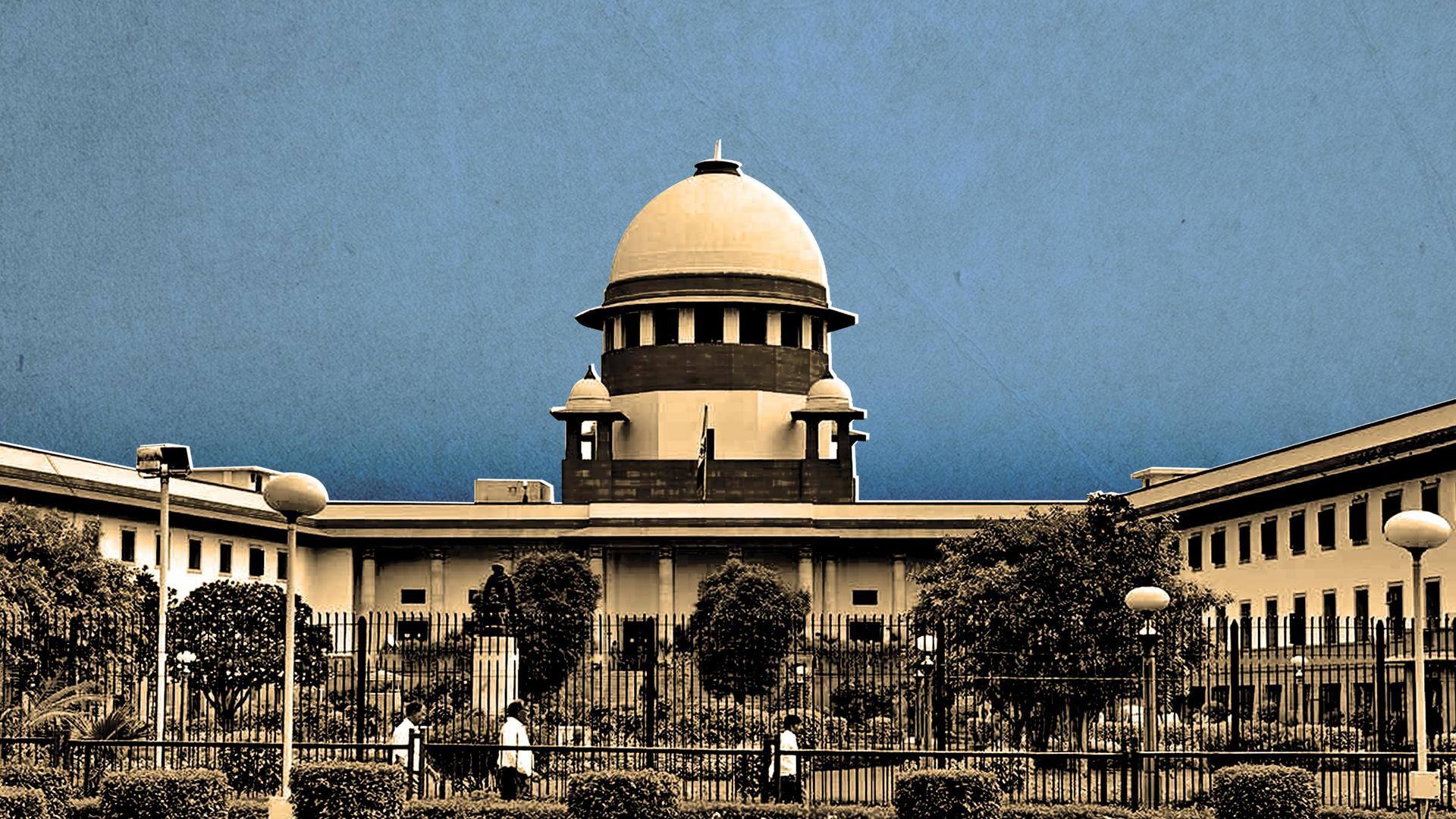
Membership of banned outfit sufficient for prosecution under UAPA: SC
What's the story
The Supreme Court on Friday ruled that membership in an outlawed group will constitute an offense under the Unlawful Activities (Prevention) Act (UAPA), 1967. It upheld Section 10(a)(i) of the act, which was read down in 2011, holding that mere membership of a banned outfit does not make an individual a criminal until they resort to violence or incite violence.
Context
Why does this story matter?
Rejecting the doctrine of guilt by association, the SC in 2011 acquitted Arup Bhuyan, who was suspected of being a member of the United Liberation Front of Asom (ULFA) and held guilty by a Terrorist and Disruptive Activities (Prevention) Act (TADA), 1987 court. His conviction was based on the purported confession that he gave before the Superintendent of Police (SP).
2011
The 2011 verdict was given in three similar cases
The order came from the three-judge bench of Justices M R Shah, C T Ravikumar, and Sanjay Karol which overruled the judgment by the bench of Justices Markandey Katju and Gyan Sudha Misra in the cases of Arup Bhuyan vs State of Assam, Indra Das vs State of Assam, and Raneef vs State of Kerala—all three in 2011.
Information
UAPA Section 10(a)(i) in coherence with Constitution's Article 19
The order said that if a person continued their association with an outfit despite it being banned, it would validate their criminality. It observed that UAPA's Section 10(a)(i) was in consonance with Articles 19(1)(a) and 19(2) of the Constitution.
Details
SC allowed review of 2011 verdict
The SC bench also allowed the petitions of the Centre and the Assam government, which sought a review of the 2011 verdict. The bench observed that the 2011 judgments were passed in bail applications without calling the constitutionality of the provisions into question. In 2014, a two-judge bench of Justices Dipak Misra and AM Sapre referred the 2011 verdict to a larger bench.
Binayak Sen
PUCL's Binayak Sen was sentenced in 2011 in similar case
However, days after the SC bench acquitted Arup Buyan on February 3, 2011, a Chhattisgarh High Court bench of Justices TP Sharma and RL Jhanwar rejected the bail plea of Dr. Binayak Sen and Piyush Guha in a similar case on February 10, 2011. The bench held them guilty of sedition based on the virtue of association and sentenced them to life.
Technicality
Sen didn't ask Naxalite groups to stop violence: HC
The HC convicted Sen, who then headed the Chhattisgarh unit of the People's Union for Civil Liberties (PUCL), observing that he didn't ask the Naxalite groups to stop the violence. In Bhuyan's case, the confession to a police officer is inadmissible under Section 25 of the Evidence Act. But it was admissible under Section 15 of the TADA, which has since been repealed.